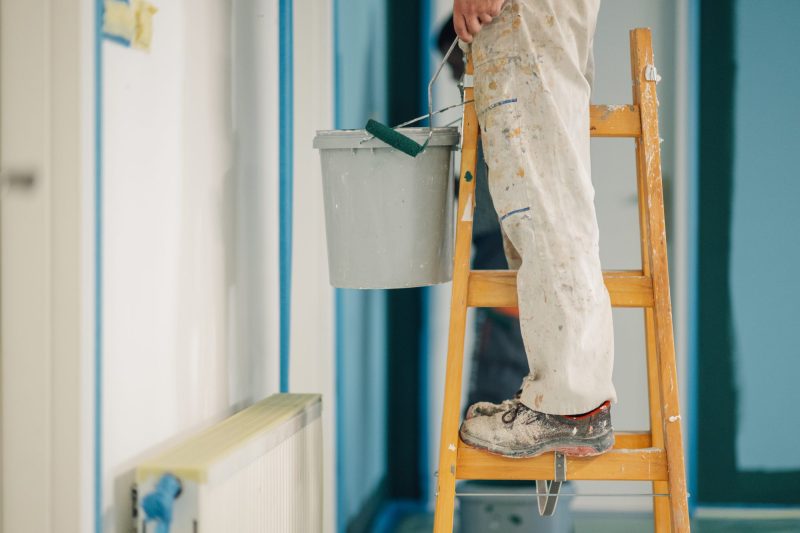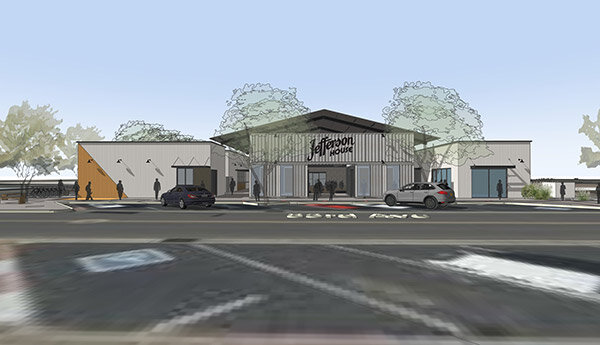
By Mike Sunnucks | Rose Law Group Reporter
Real estate expert Jim Belfiore projects new home sales to be down 45 percent to 50 percent in the second quarter compared to a year ago with COVID-19’s impact on the economy and real estate.
Belfiore also expects to see a 30 percent drop in the third quarter new home sales followed by 20 percent and 10 percent declines in the fourth quarter and first quarter of 2020.
Belfiore is president of Belfiore Real Estate Consulting in Phoenix. He outlined the impacts of the COVID-19 on real estate and the economy a virtual forum with top real estate and homebuilding executives.
The declines in home sales are significant but not as deep as some previous expectations of COVID-19’s impact on the regional housing market. “Today all of us need silver linings,” Belfiore said.
He projects 19,000 new home permits in Maricopa and Pinal counties this year. That is a 24 percent drop from the 24,937 permits issued in 2019.
The housing market will start to recover in 2021 with 22,450 permits projected, according to Belfiore.
“It’s time not to be fearful,” Belfiore who expects to see 28,000 new home permits in 2023.
Belfiore also said the builders who have kept sales offices open for private appointments have gained some market share during the shutdown. He said larger builders have tended to keep offices and model homes (at least for private appointments) more than some of their smaller counterparts during the pandemic.
“The small builders have lost market share. Big builders have gained market share,” Belfiore said.
Belfiore said COVID-19’s impacts on consumer credit and potential home buyers’ ability to qualify for mortgages. will drive how deep and how long the impacts will be on the housing market. He said those “credit infections” could negatively impact the housing market.
The pandemic and its resulting shutdowns have resulted in the loss of 33 million jobs nationwide. Unemployment rates could hit 20 percent. Even with stimulus efforts and payments to consumers, the economic pain is resulting in consumers (and businesses) pulling back on spending and missing or delaying credit card, rent and other payments.
“If this goes on for a significant period of time, we are going to have a bigger situation on our hands. It is going to affect housing demand,” Belfiore said.





